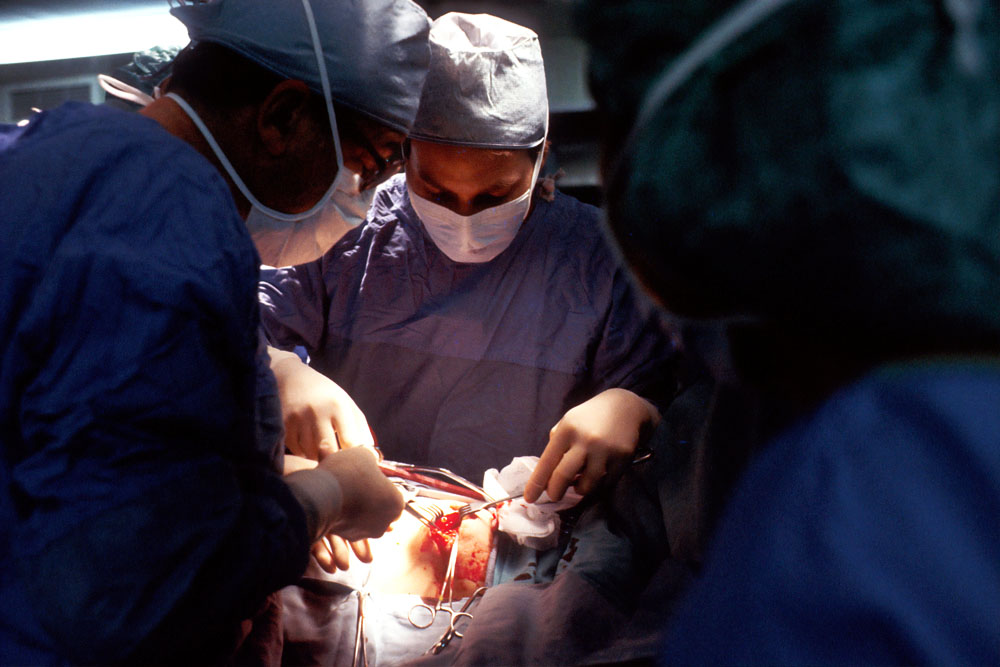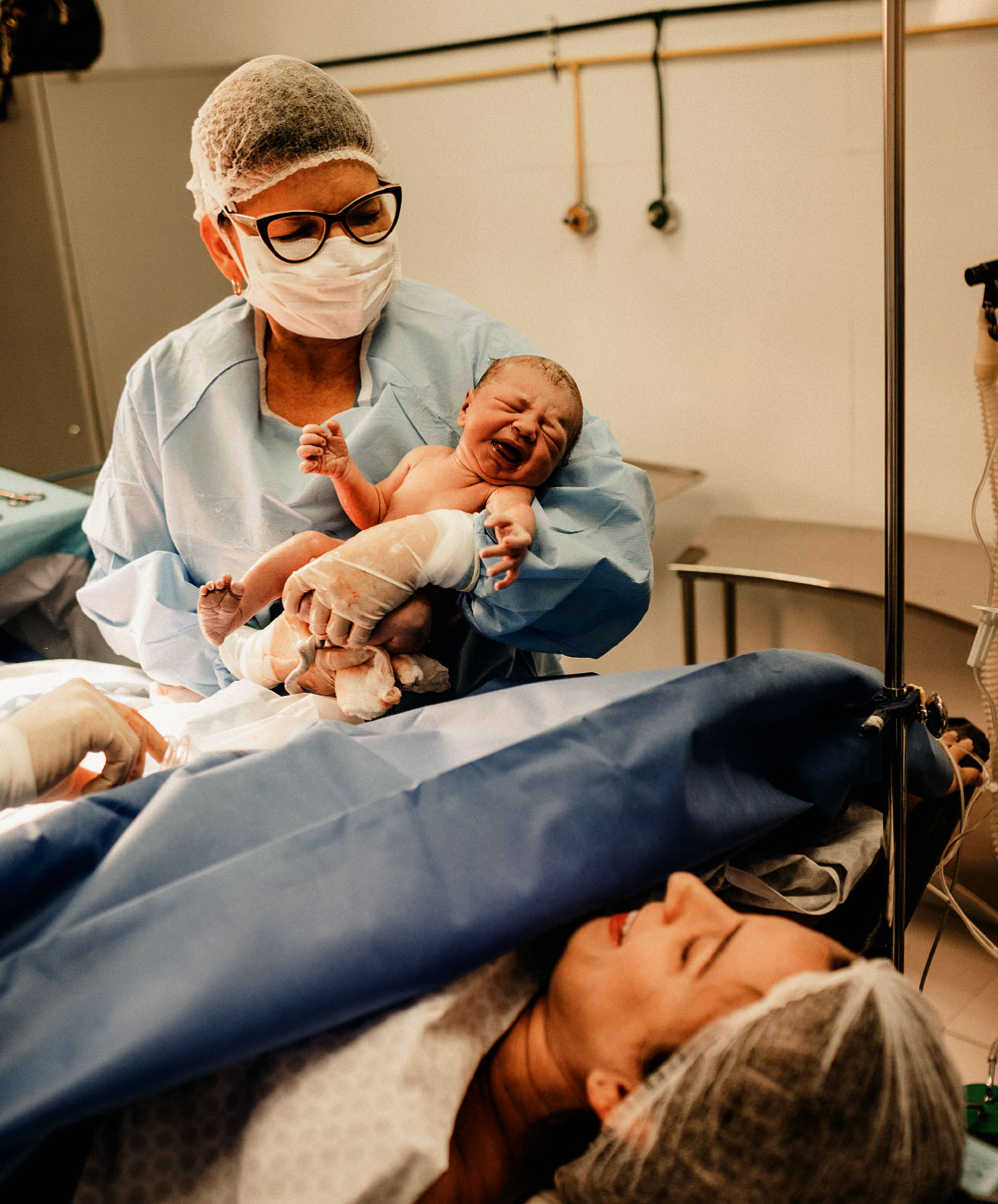
One of the most common conditions addressed by pediatric surgeons are inguinal (groin) and scrotal disorders. Such conditions include hydrocele, hernia, testicular tumors, undescended testis, and appendix testis. Considering that these disorders possess complex attributes and treatment methods, it makes sense to refer the situation to a highly experienced specialist. In this article, we’ll be discussing several different inguinal and scrotal disorders and find out how they affect a child’s body.

Inguinal hernia
An inguinal hernia is perhaps the most widespread of all inguinal and scrotal anomalies. Basically, it’s a sac of tissue that pushes through a weak spot in the child’s abdominal lining. In most cases, the sac closes and disappears before birth, but sometimes the sac does not close and ends up protruding through the lower abdominal muscles. An inguinal hernia can be identified as a small bulge near the lower abdomen or an enlarged scrotum (in male infants).
A surgical procedure is required to correct an inguinal hernia. It’s a low-risk procedure that uses a general anaesthetic before making a one-inch incision to disconnect the sac and close up the remaining tissue.
Hydrocele
A hydrocele is quite similar to an inguinal hernia, with it simply being a sac of water. Sometimes, a hydrocele is a sign of a hernia and can be treated the same way. However, there are several different types of hydrocele and each one requires a different treatment approach.
For example, a painless hydrocele that suddenly develops without explanation should be closely examined. This type of hydrocele tends to shrink on its own and disappear, but close monitoring should be done to determine if surgery is needed. On the other hand, a hydrocele that forms due to a virus or trauma to the testes requires an immediate ultrasound of the scrotum. A surgical procedure similar to an inguinal hernia may be performed to eliminate the sac of water.
Undescended testis
An undescended testis is a condition where the testicle does not travel down to the scrotum after birth. Roughly 4 out of 100 male infants suffer from undescended testis. However, once they reach one year old, there’s a good chance the testis will descend into its natural position. Although an undescended testis should not be of a major concern, surgery is often necessary to relocate the testis back into the scrotum for normal development.
The procedure is similar to that of a hernia wherein a small incision is made. Sometimes hernias are associated with undescended testis so close monitoring is required. How it works is the testis is placed back into the scrotum by extending the tissues and blood vessels that support it. Usually, an undescended testis requires more than one surgery, but the success rate is very high and the risk for further complications are quite low.
Torsion
A torsion is when an organ becomes twisted and the blood supply to that organ has a risk of being cut off. If not attended to immediately, the condition can become life-threatening to the infant. Usually, it’s testicular torsion that happens most in male infants. This mainly occurs due to the testis lacking its normal attachments to the scrotum (known as bell clapper deformity). When this happens, the blood flow to the testis is severely restricted and is usually accompanied with extreme pain.
Surgery is required to prevent the loss of the testis. During surgery, the pediatric surgeon will untwist the testis to promote regular blood flow. Testicular torsion is prevalent in children ages 4 to 11 and is usually a result of moderate activity. Early surgical procedures can help preserve their fertility and avoid removing the testis altogether.
Testicular tumors
Testicular tumors are very rare in infants, with the odds being 1 in 100,000 male infants. They usually appear as slow-growing, painless lumps and are sometimes mistaken for a hernia. Surgery is done to remove the lumps via a groin incision. Further treatment will depend on the size of the tumor and the extent of its spread.
Scheduling a consultation
Inguinal and scrotal disorders are some of the most complex conditions found in infants. If left untreated, it can significantly impact your child’s quality of life. If your child requires the attention of a pediatric surgeon, look no further than Dr. Jill Orford. Dr. Jill is a highly experienced pediatric surgeon based in Newcastle and her expertise has made her one of the most renowned healthcare providers for children in Australia.
Thanks to her comprehensive background, Dr. Jill has earned the trust of thousands of patients and provides parents with the confidence they need in addressing the health of their infants. To learn more about inguinal and scrotal disorders, feel free to contact Dr. Jill Orford today and schedule your consultation as soon as possible.
